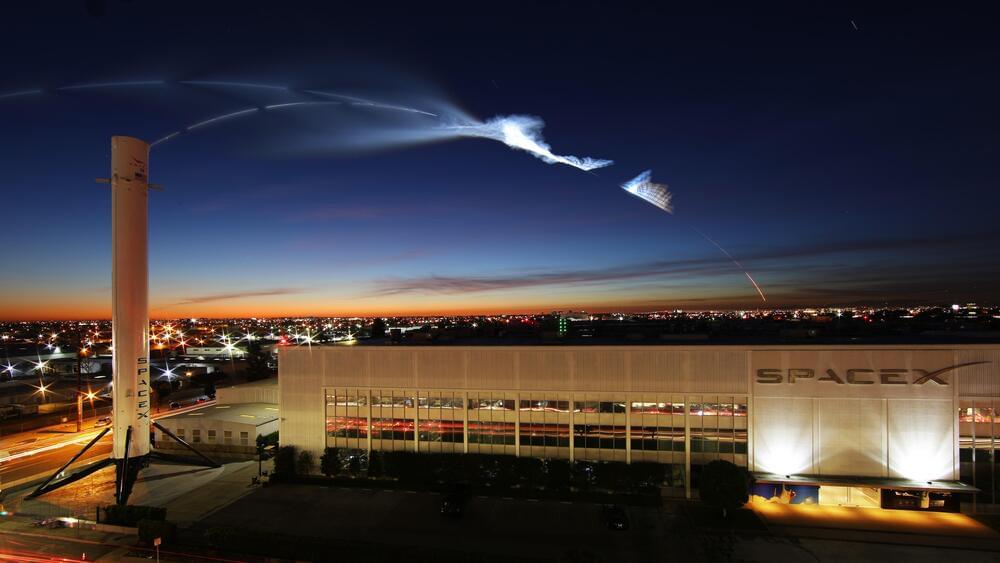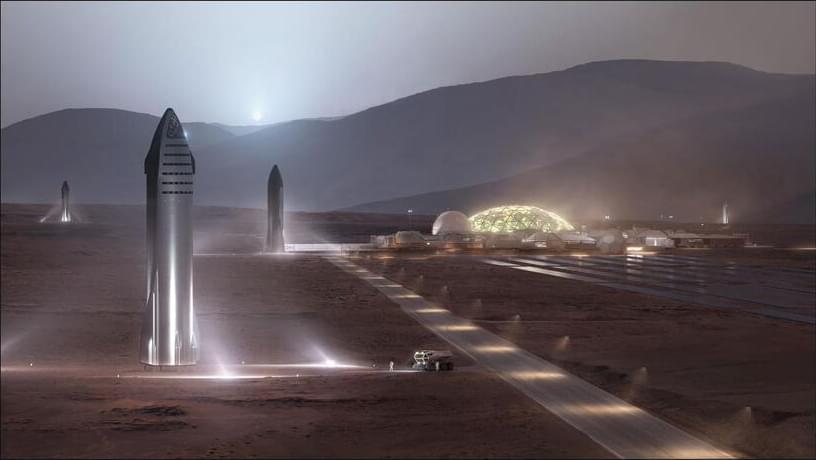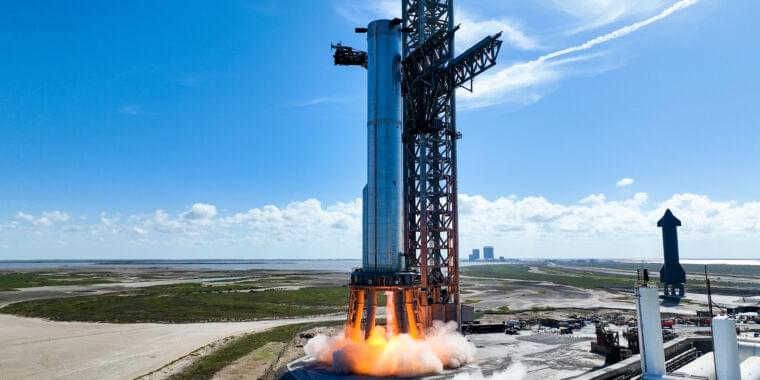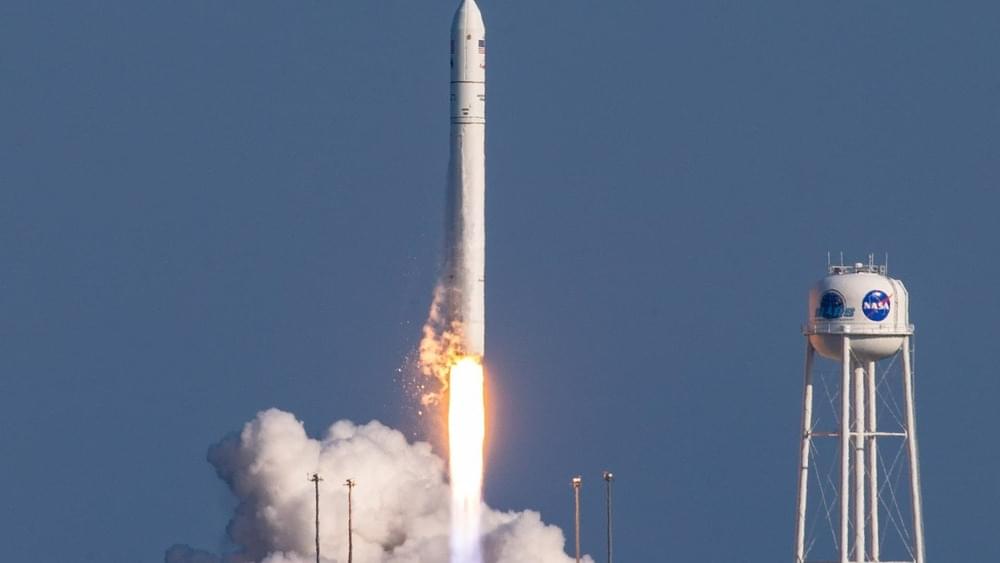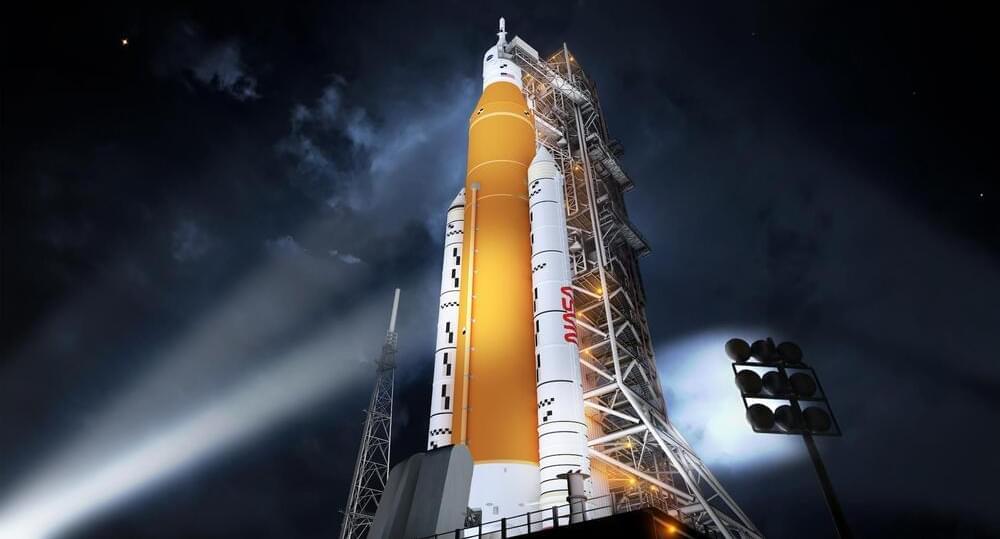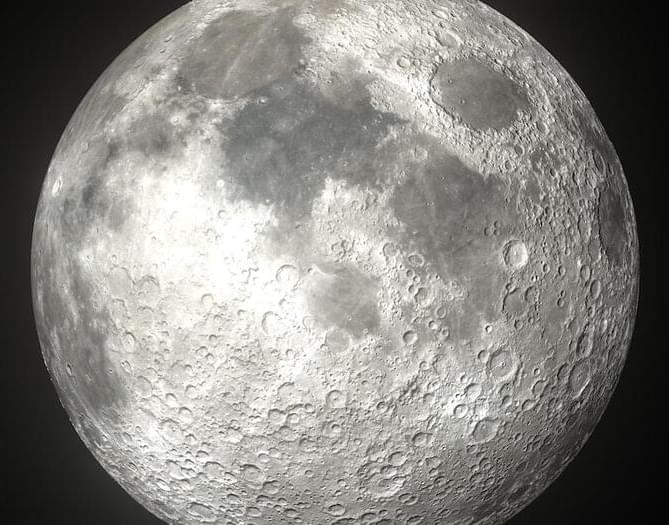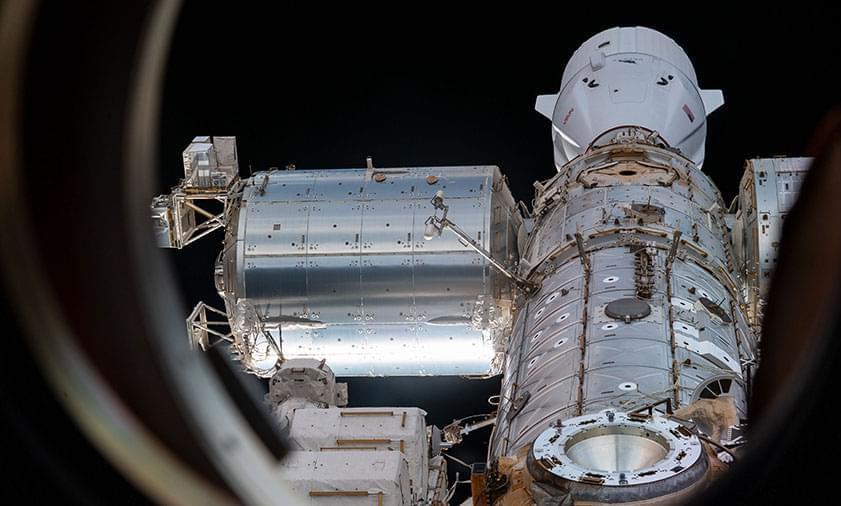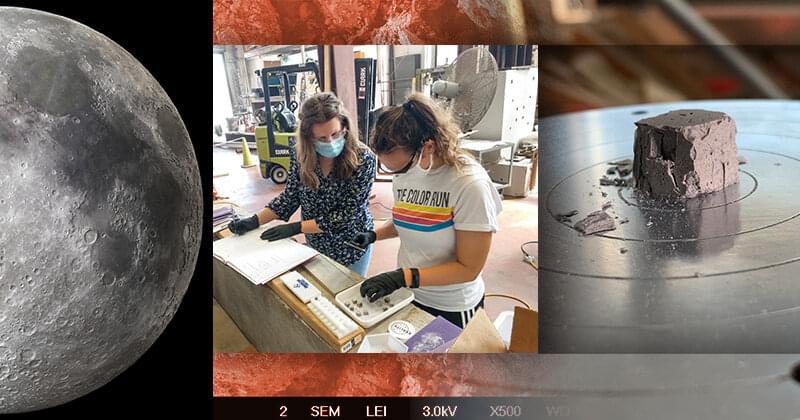Aug 16, 2022
Hack Starlink and get up to $25,000 as a reward from SpaceX
Posted by Genevieve Klien in categories: cybercrime/malcode, Elon Musk, internet, space travel
Wikimedia Commons.
The Elon Musk space company may be popular for ferrying astronauts and cargo missions on its reusable rockets, but its satellite internet services have also made a mark in recent times. When Russia invaded Ukraine earlier this year, it also tried to break the communication chain inside the country by attacking its fiber optic network. However, SpaceX’s terminals were flown in, and connectivity was restored in a matter of days.
